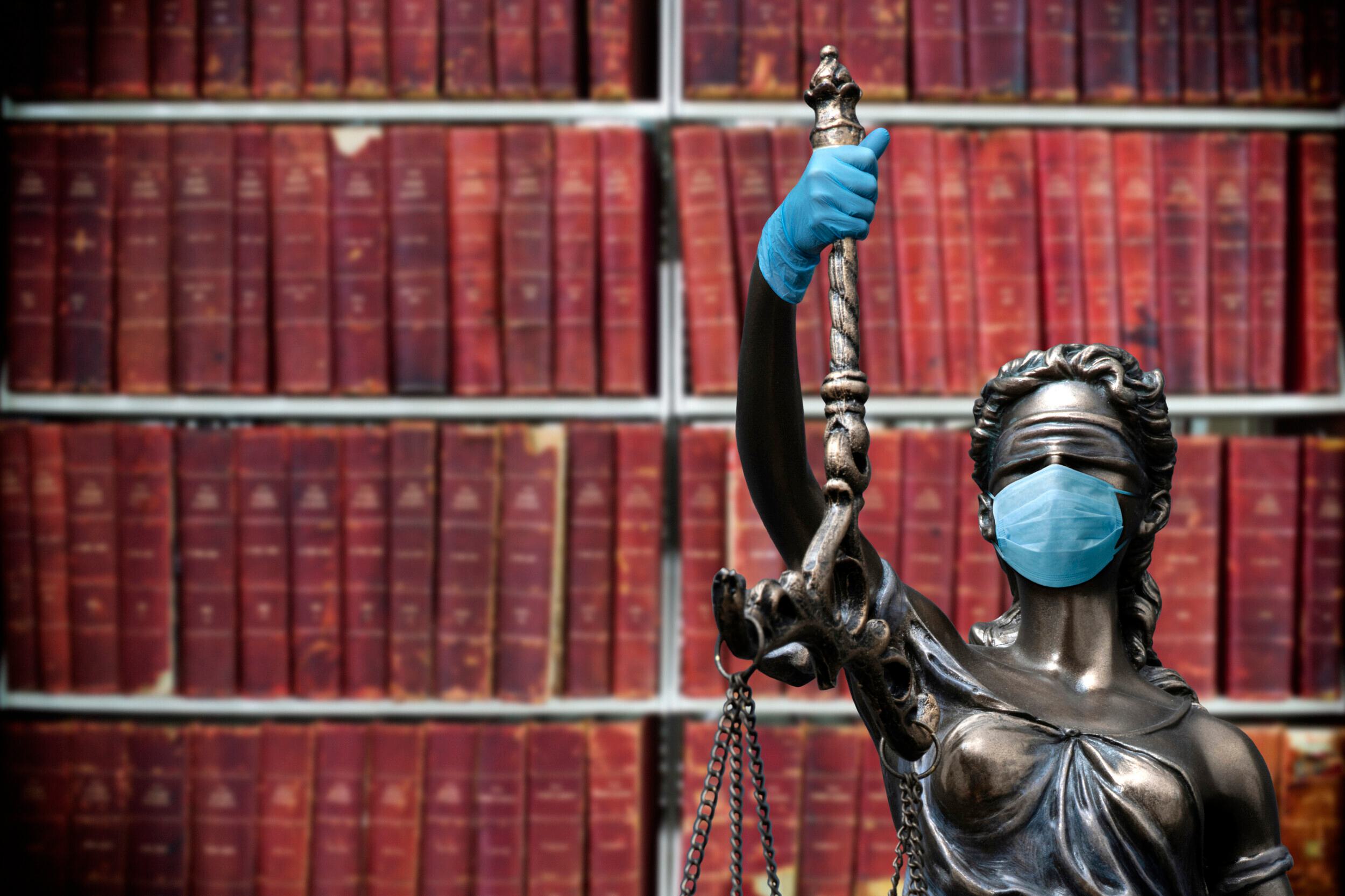When discussing judicial branch developments, we often focus on the U.S. Supreme Court. But courts like the 11th U.S. Circuit Court of Appeals — which has jurisdiction over Alabama and two other states — and the Alabama Supreme Court often have the power to affect the day-to-day lives of Alabamians more than the U.S. Supreme Court does. Two recent decisions from these courts illustrate this point.
The first came when the 11th Circuit ruled 3-0 that Congress exceeded its authority by essentially forbidding states from cutting taxes in order to receive funds from the American Rescue Plan Act. The states challenging this provision, including Alabama, argued this was a violation of state sovereignty under the 10th Amendment. But the 11th Circuit declined to reach that issue, holding instead that Congress violated the Spending Clause.
James Madison argued that Congress only had the power to spend on what the Constitution specifically authorized. Unfortunately, the U.S. Supreme Court abandoned Madison’s view in the 1930s, holding instead that Congress was authorized to spend on whatever it deemed good for America. This is one of the reasons the federal government became so massive in the 20th Century. By using its spending power, it bribed states to do its will. Like crack cocaine, the states became addicted to the drug of federal funds and are often unable to resist the offer of (supposedly) free money.
Fortunately, the 11th Circuit held that the Spending Clause does not authorize the feds to do this, bringing a much-needed victory in an area where “we the people” rarely win.
Such a ruling is an even bigger win for liberty than if the court based its decision on the 10th Amendment. The federal government is supposed to be a government of enumerated powers, meaning it has only the powers that the people grant to it. In order to keep the federal government in its place, the first question we should ask is whether the feds even have authority to do something in the first place. The 10th Amendment should be the fallback only after that.
If the Biden administration appeals to the U.S. Supreme Court on this issue, I hope the states have the courage not only to defend the 11th Circuit’s opinion but also to ask the Court to go completely back to Madison’s view of the Spending Clause.
The other noteworthy decision comes from the Alabama Supreme Court. The court denied certiorari in Ex parte Emiliano Rodriguez in a 5-4 vote on Jan. 13. In this case, a criminal defendant claimed that forcing witnesses to wear masks while they testified during the pandemic violated his Sixth Amendment right to confront the witnesses against him at trial. While the court declined to take the case, four of the nine justices appeared concerned about the issue. Chief Justice Parker wrote a compelling dissent.
Quoting from the religious-liberty cases that the U.S. Supreme Court considered during the pandemic, Parker argued that the Constitution could not be forgotten even during a public health emergency. The ability to read a witness’s face and nonverbal communications is a material part of being able to assess the witness’s credibility, the Chief Justice argued. He concluded by acknowledging that judges aren’t public health experts, but that “even during a pandemic[,] we are governed by the same Constitution.” I think he’s right, and my guess is that the other three dissenters shared his concerns.
The fact that four justices of the Alabama Supreme Court wanted to take a case involving the clash between the Constitution and COVID is highly encouraging. During the pandemic, the government got away with breaking the law a lot. There are still cases out there addressing the legality of such actions, one of which was brought by the Alabama Center for Law and Liberty.
My hope is that as the fear of COVID wanes, the judiciary will take an honest look at the legality of such emergency actions. Otherwise, we will have taught our government that it can do whatever it wants in the name of “emergency” and get away with it.
Matt Clark is the President of the Alabama Center for Law and Liberty, a conservative nonprofit law firm that fights for limited government, free markets, and strong families in the courts. His column appears every Friday in 1819 News. The opinions expressed in this column are those of the author. The views and opinions expressed here are those of the author and do not necessarily reflect the policy or position of 1819 News. To comment, please send an email with your name and contact information to Commentary@1819News.com.
Don't miss out! Subscribe to our newsletter and get our top stories every weekday morning.










